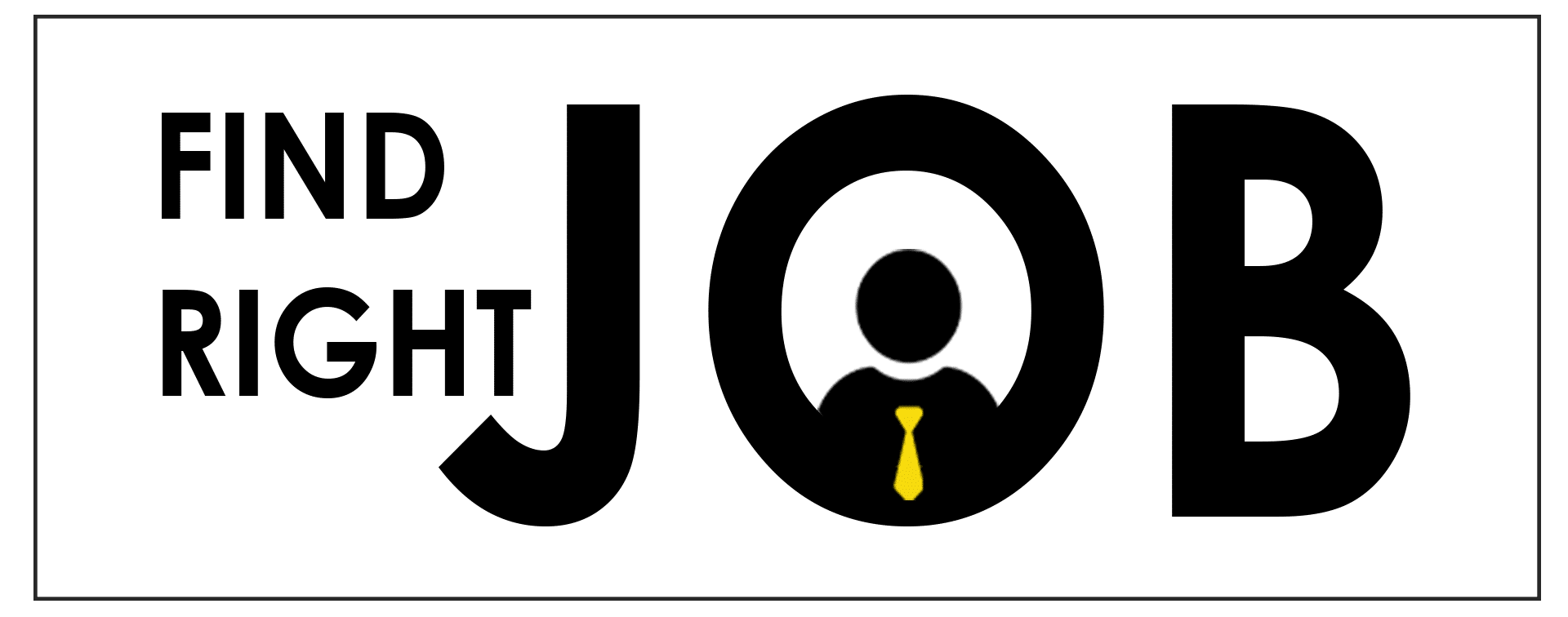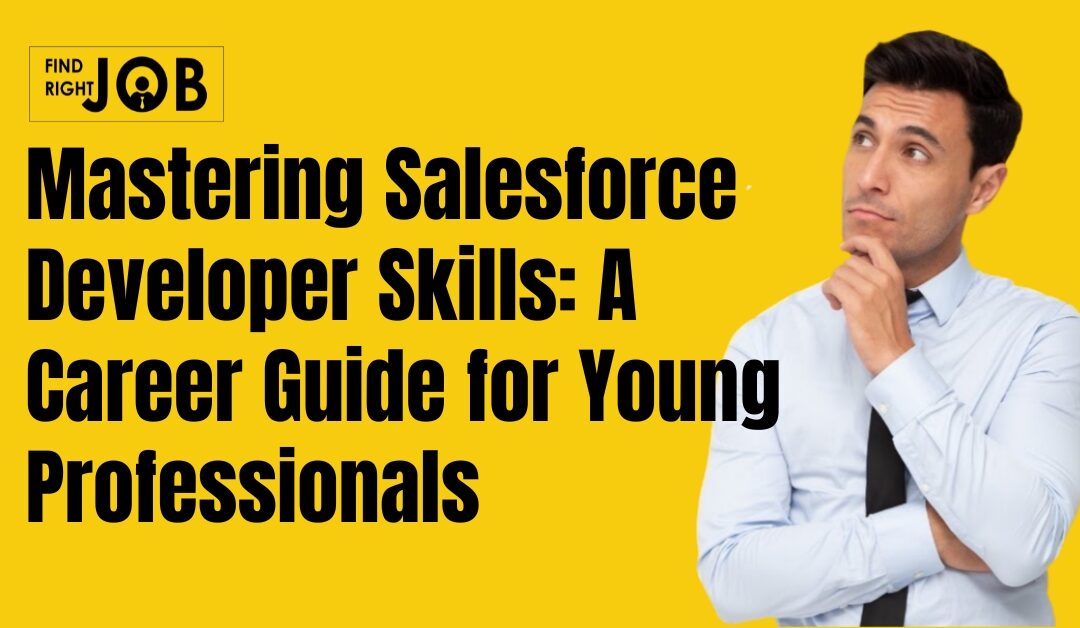Cloud-based applications such as sales force have transformed the way organizations manage their customers. While more and more organizations implement Salesforce as their proper tool, the need for experienced Salesforce developers remains high. But what does it take to be a skilled Salesforce developer skills? In this blog, let me show you skills every Salesforce developer should have and how a Salesforce course for beginners can guide you.
Essentials of Working as a Salesforce Developer Skills
A Salesforce developer is employed in customizing Salesforce solutions for business requirements since it is an application platform. These specialists work in different organizations to decide on, create, and apply various technologies, which are used in Salesforce to its full potential. They employed different tools, languages, and frameworks that the company offers namely Salesforce.
When you are new to Salesforce, you may start wondering just where to start from. Now let’s help you understand what skills are crucial to successfully becoming a Salesforce developer.
1. In particular, such proficiency in Apex Programming
At the center of Salesforce development, there is APEX, which is considered to be the official programming language of Salesforce. That is a strongly typed OO language, which lets you execute flow and transaction control statements on the Salesforce servers.
Apex is just like Java in terms of syntax making it easier for any Java programmer who wishes to develop in Apex to do so. However, newcomers might need more focus on this aspect, which is why it is vital to enter the Salesforce course for novices that embrace Apex basics. This programming language is deemed useful for any work related to coding your schemes, creating new procedures, and establishing connections with other systems.
2. Comparing between Visualforce and the Lightning Framework
Salesforce developers can build their own User Interface that meets the business requirements of the organization. They mainly use Visualforce and Lightning Components for this.
Visualforce: This older framework for UI tuning enables sophisticated, custom UI creation from HTML and CSS and Salesforce’s markup language.
Lightning Framework: This is the new and improved form of the framework which allows for the development of interactive and adaptive websites and applications. It’s highly efficient and reusable in developing components making it easier to develop complex apps.
For instance, while working in a competitive environment and using Salesforce, where Visualforce is often implemented as a legacy, whereas Lightning is usually implemented in new projects.
3. Understanding of the Salesforce Object Query Language
Another tool familiar to Salesforce developers is SOQL – Salesforce Object Query Language. As is the case with SQL, SOQL allows developers to pull data from the database of this CRM. Soql is fundamental when you are building reports, fetching data for a specific app, or automating a process.
By familiarizing yourself with SOQL, program developers gain the ability to optimize complex queries for large amounts of data and, therefore, an indispensable tool in the Salesforce development process. Such a course for a freshman mainly lets you discover SOQL fundamentals that allow you to continue working with other levels of data in Salesforce later.
4. Understanding the Salesforce Security Mode
Hence, that means that one is capable of regulating access in various degrees starting from the organizational level down to the record level. Developers need to understand the various components of Salesforce security, such as:
Profiles and Permissions: Determine what a user can do.
Roles and Hierarchies: Define prior expectations of what kind of data a user expects to see.
Sharing Rules and Public Groups: Propose conditions under which the standard rules of data access can be violated.
If a developer lacks knowledge about security in Salesforce, he or she may compromise the data or deny it to users when they shouldn’t be doing so. Many Salesforce starter tutorials contain information on these security notions, which allows you to build secure and elastic solutions from scratch.
5. Understanding of Salesforce API Connections
Companies will require a combination of Salesforce with third-party applications such as marketing, financial tools, or ERPs. This is where Salesforce APIs come into play. Salesforce offers several types of APIs, for instance, REST and SOAP APIs that offer an access point by which Salesforce can be linked to other systems.
Experience in making and implementing these integrations is central if one wants machinery in a certain business to be compatible and share information. The basics that any good Salesforce course for beginners must include is an introduction to these APIs and how they can be utilized to extend Salesforce.
6. Problem-solving and Analytical Skills
Technical skills are vital. Salesforce developers must also possess problem-solving skills. Many times they should know how a business operates and possible issues that may occur, and still proceed to come up with executable solutions that reflect Salesforce guidelines. Analytical thinking will assist you not only when writing code but also help you forecast further difficulties in the development process.
7. Working with Versions of DocumentsSalesforce development can be a centralized process; however, the implementation of salesforce development usually involves different developers. This facilitates the control of change in the code, in a way that lets team members work on the code without problems arising from conflict. Version control systems are an important tool that anybody who works as a Salesforce developer ought to possess.
8. Continuous Learning and Salesforce Certifications
The Salesforce ecosystem is ever-changing, with updates and new features being released several times in a year. Consequently, there is a need to have Continuous Learning for one to be up to date with the mentioned changes. One general advice on how to expand one’s presence within the specified industry is to obtain Salesforce certifications.
Different levels of certification include Salesforce Certified Platform Developer I and II which acknowledge your competence and productivity, making you sought after in the market.
An introductory Salesforce course will typically help you learn the fundamentals required to sit for these certifications putting you in the best place when signing up.
Beginning with a Salesforce Course for the Newbie
It may seem like a long hard journey to becoming a master Salesforce developer, but a structured Salesforce course for starters will shorten this period considerably. These courses typically cover the basics of Salesforce development, including:
-Introduction to Salesforce platform architecture
-Fundamentals of Apex and SOQL
-Basics of Visualforce and Lightning development
-Understanding the Salesforce data model and security
-Building simple apps and automating workflows
Furthermore, most of the rudimentary classes provide project experiences that are important for practical uses of the platform of course.
Conclusion
Salesforce development expertise involves understanding a range of issues of programming, problem-solving, and strong communication skills. In order to be successful in Salesforce development, you should learn and concentrate on skills such as Apex, VisualForce, and lightning and Salesforce security model.
Salesforce beginners will find a basic Salesforce course useful since it has defined tracks and simple project sets for you to work on that will ensure you understand the basics. The key to success in this ecosystem is hard work and good training. Well on your way to building more scalable social impact solutions in Salesforce.

